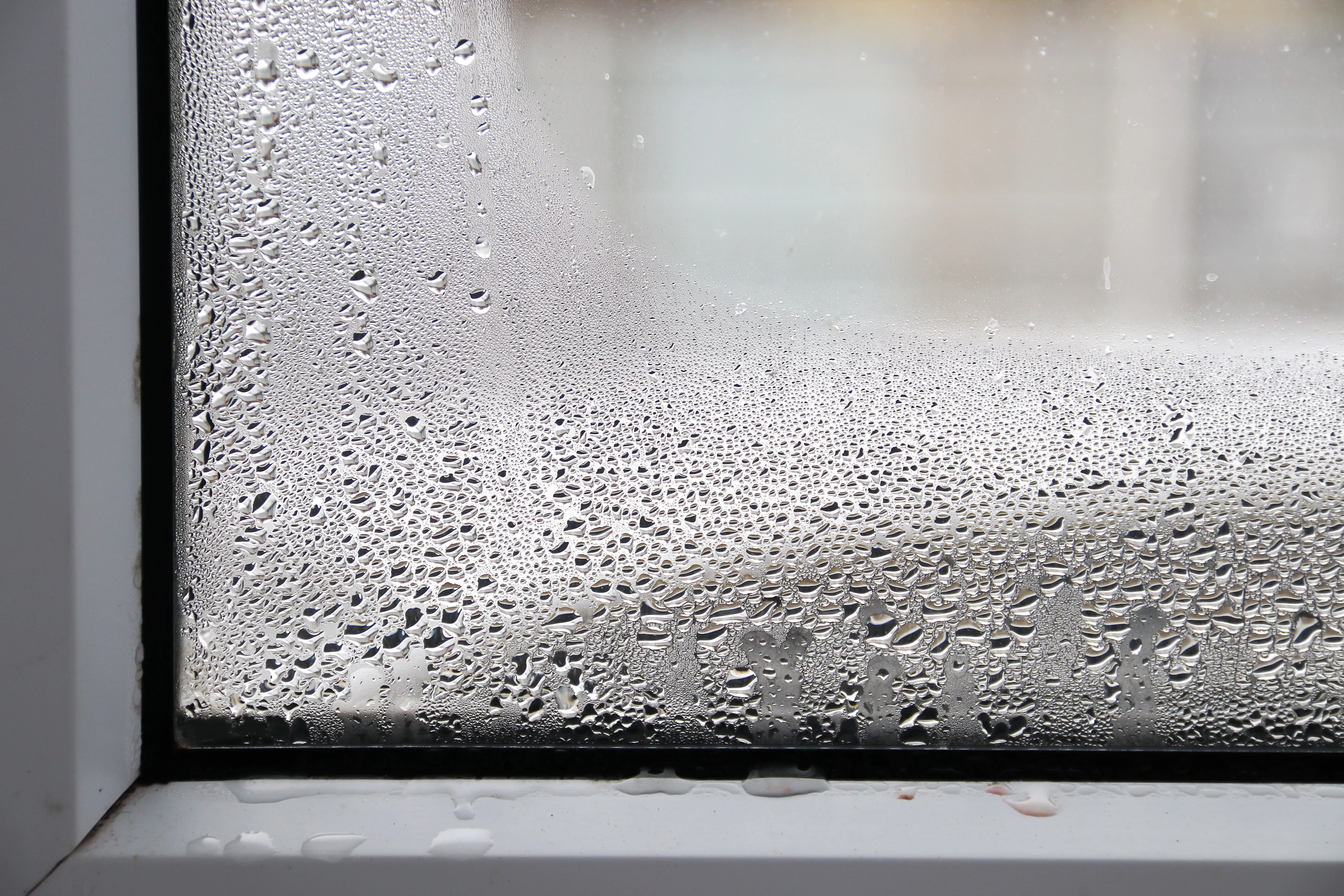)
Maintaining indoor humidity levels between 30% and 50% is crucial for a healthy and comfortable living environment. When humidity rises above 70%, it can encourage the growth of dust mites, mold, and mildew, which can worsen allergies and asthma. The high heat and humidity of summer can make it challenging to keep this balance, but your air conditioner can help more than just cooling the air; it plays a key role in controlling indoor humidity. By effectively reducing moisture, your AC helps prevent issues like musty odors and potential structural damage, which can compromise indoor air quality. Understanding how your air conditioner aids in humidity control and employing strategies to maintain optimal air quality can significantly enhance your home’s comfort and health.
To improve air quality and control humidity, set your AC fan to "Auto." When set to "On," the fan continually circulates air, blowing moisture from the evaporator coils back into your home, which can increase humidity and promote mold growth. Setting the fan to "Auto" ensures it only runs when the compressor is active, allowing moisture to drain properly and reducing indoor humidity.
Reducing your AC fan speed enhances moisture removal. While higher speeds quickly circulate cooler air, they don’t effectively control humidity. Slower airflow keeps the coils colder, allowing for better moisture extraction and consistent temperature. Adjusting the fan speed can improve both comfort and efficiency.
These simple adjustments—setting the fan to "Auto" and lowering the fan speed—not only enhance comfort but also contribute to better indoor air quality by reducing humidity levels.
Regularly changing your air filter is key to maintaining good indoor air quality. A clogged filter can trap dust and moisture, leading to higher indoor humidity and potential mold growth. To prevent these issues and keep your air quality high, replace or clean the filter about once a month or as recommended by the manufacturer. This simple step helps ensure effective moisture control and a healthier home environment.
Ensuring your AC coil is clean is vital for maintaining high indoor air quality. A dirty evaporator coil struggles to cool and dehumidify effectively, leading to higher indoor humidity and less efficient temperature control. If your AC isn't reaching the desired temperature, it's a good idea to have our HVAC specialists inspect and clean the coils. Often, dirty coils are a result of a clogged filter, which allows dust and debris to enter the system and accumulate on the coils. Regular professional AC coil cleaning helps maintain optimal performance and improves indoor air quality by ensuring better humidity control and cooling efficiency.
Keeping the refrigerant charge in your air conditioner at the correct level is essential for humidity control and maintaining good indoor air quality. Low refrigerant can reduce cooling efficiency, leading to issues like a frozen evaporator coil or compressor failure. To avoid these problems and ensure your system operates efficiently, have regular HVAC maintenance to check and recharge the refrigerant as needed.
A thermal expansion valve (TXV) boosts humidity control by precisely regulating refrigerant flow based on temperature. This improves the evaporator coil’s efficiency in removing heat and moisture. When combined with a variable blower motor that adjusts fan speed, the TXV enhances cooling and dehumidifying performance, contributing to better indoor air quality.
Combining your air conditioner with a dehumidification system can greatly reduce humidity levels in your home. Installing a whole-house dehumidifier allows your AC to work more efficiently, as it doesn't need to handle as much moisture on its own. This setup not only enhances comfort but also saves money by reducing the strain on your air conditioner. On milder days, the dehumidifier can operate independently, further maintaining optimal indoor air quality without needing to cool the space.
Regular AC servicing is essential, ideally once or twice a year before the summer season, to prepare your system for higher usage and effective humidity control. Our thorough air conditioning services, which include maintenance, cleaning, and repair, help diagnose and address issues, optimize performance, and boost your system’s efficiency. By ensuring proper humidity control, we enhance indoor air quality, helping you and your family breathe more easily and live healthier.